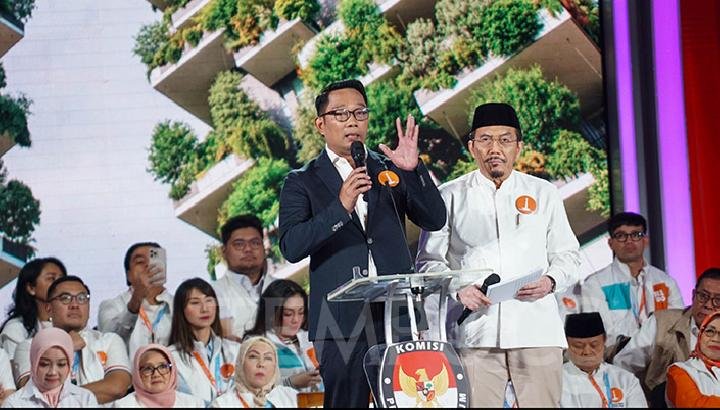Suswono: Retribusi Sampah Belum Diperlukan di Jakarta
Suswono, a member of the Jakarta Regional Legislative Council, recently made headlines with his proposal to abolish the waste levy in Jakarta. The waste levy, or retribusi sampah, is a fee charged to households and businesses for the collection and disposal of their waste.
According to Suswono, the waste levy is no longer necessary in Jakarta as the city’s waste management system has improved significantly in recent years. He cited the expansion of waste collection services, the implementation of waste separation programs, and the construction of new waste treatment facilities as evidence of the city’s progress in managing its waste.
Suswono’s proposal has sparked a debate among city officials, environmentalists, and residents. Supporters of the waste levy argue that it plays a crucial role in funding the city’s waste management services and incentivizing people to reduce, reuse, and recycle their waste. They also point out that abolishing the waste levy could lead to a decrease in waste collection services and an increase in illegal dumping.
On the other hand, opponents of the waste levy believe that it is a regressive tax that disproportionately affects low-income households. They argue that the city should explore alternative funding sources for waste management, such as government subsidies or partnerships with private companies.
While the debate over the waste levy continues, it is clear that waste management remains a pressing issue in Jakarta. The city generates over 7,000 tons of waste per day, and much of it ends up in landfills or rivers, polluting the environment and posing health risks to residents.
Ultimately, the decision to abolish or retain the waste levy will depend on a careful consideration of the costs and benefits. It is important for city officials to engage with stakeholders, conduct thorough research, and develop a comprehensive waste management strategy that is both effective and equitable.
In the meantime, residents of Jakarta can do their part by practicing responsible waste disposal, reducing their waste footprint, and supporting initiatives that promote a cleaner and greener city. By working together, we can create a more sustainable future for Jakarta and its residents.

